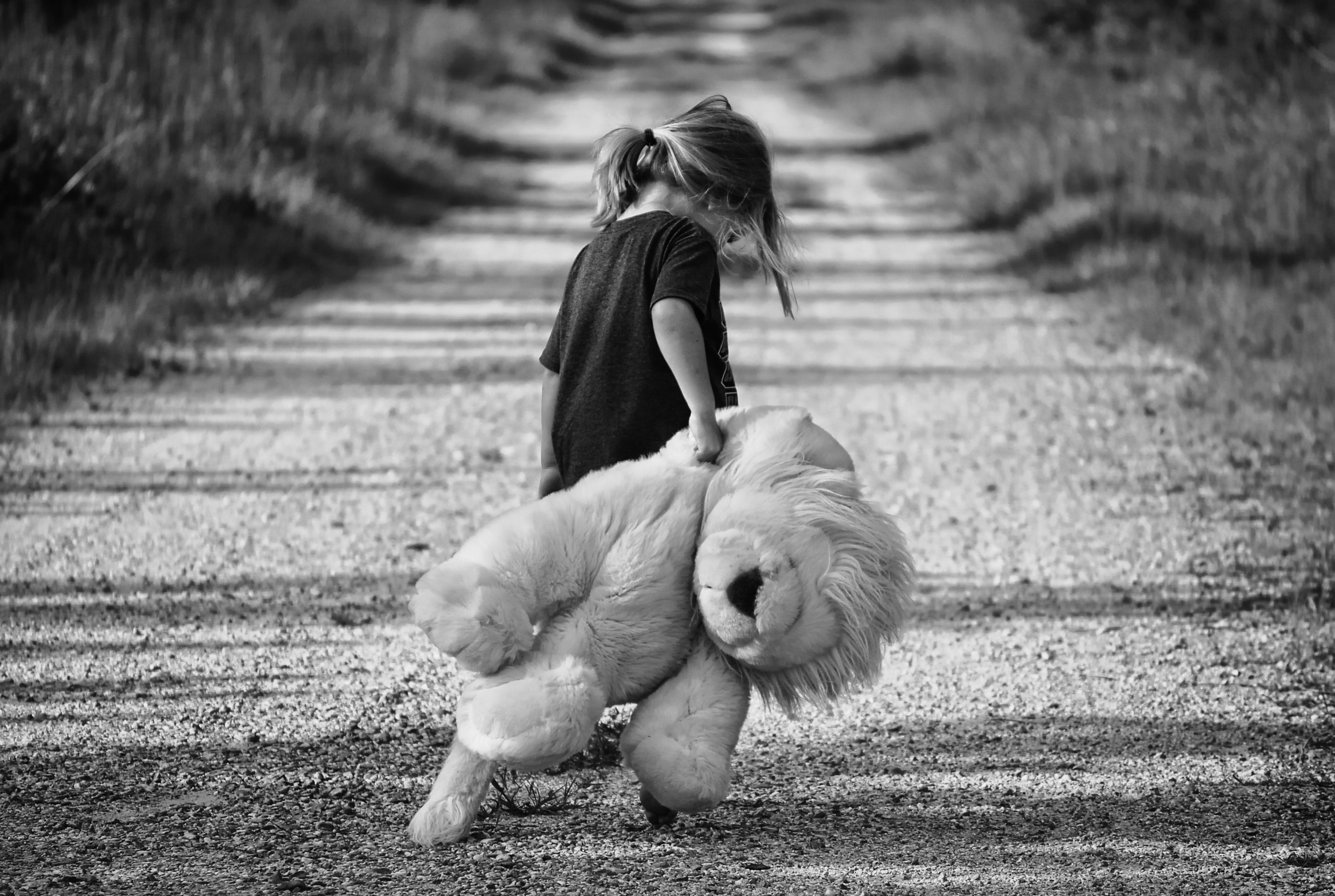Anxiety is an important emotion that helps children be cautious. It is also important to remember that some worries are natural and accompany every child in their developmental period. Which childhood anxieties are completely normal? What should parents be concerned about?
Infants are afraid of strangers. When a child is around 8-9 months old, they can recognize the faces of people they know. Therefore, new faces, whether it’s a babysitter or a long-unseen relative, can be frightening for them.
Children from 4 to 6 years old have a very active imagination. However, they don’t always know what is real and what isn’t. Scary monsters, ghosts, and witches they imagine or heard about in a fairytale or saw on TV seem real to them. They are afraid of what might be under their bed or in the closet. Some are afraid of dark and frightening dreams. Small children can also be afraid of loud noises, such as thunder and fireworks. In this period, children are afraid of animals and bad people (thieves, kidnappers, spies). They are afraid of visiting a doctor, dentist, getting an injection, or going to a hospital. They are afraid of being left alone, getting lost, or that nobody will pick them up from daycare or school.

Preschoolers and adolescents can experience social anxiety. They may feel anxious about their appearance or fitting in with a group. They may also experience anxiety or fear of public speaking, starting a new school, an important exam or game.
Older children and teenagers may fear real danger. When children are 7 or more years old, monsters under the bed cannot scare them anymore because they know they are not real. At this age, some children begin to fear things that can happen in real life. They also experience anxiety about failure and inadequacy in school, lack of acceptance or criticism from others. They are afraid of shame and ridicule in social situations.
Most children manage their normal anxiety with gentle support from their parents. As they grow up, they overcome the fears they had when they were younger.
When should you visit a psychologist?
-When a child’s worries are very strong, last for a long time, or are inadequate for their developmental stage.
-When anxiety causes strong emotional reactions, the child is constantly agitated or has frequent temper tantrums.
-When fears prevent the child from performing various activities that were previously easy or enjoyable for them. When a child categorically refuses to go to kindergarten or school, does not want to sleep alone or be away from home.
-When anxiety causes physical symptoms, such as stomach pain, headache, or palpitations.
Some children have it harder and need more help in coping with anxiety. If your worries are very strong or prevent your child from performing common activities, it may be a sign of an anxiety disorder.
How to help a child who is afraid?
Hugging and using a soothing voice is the best way to reduce a toddler’s anxiety. You can say, “It’s okay. You’re safe. I’m here with you.” This will let your child know that you are present and ready to protect them. During this time, a comforting presence of a parent is essential for a child to feel secure. As your child grows, talk to them and listen to them. Be calm and kind. Help your child express their feelings and encourage them to try new things. When a young child is meeting new people or going to new places, hold them in your arms so they feel secure. Let your child feel safe and loved. Help your child slowly face their fears. For example, check under the bed together to show that there are no monsters. With your support, your child should realize that there is nothing to be afraid of. Help them feel brave. Take an interest in what children are watching. The content on TV or the internet is often very scary. Help your child deal with difficult situations and challenges, such as public speaking and tests. Show your child that you believe in them.
